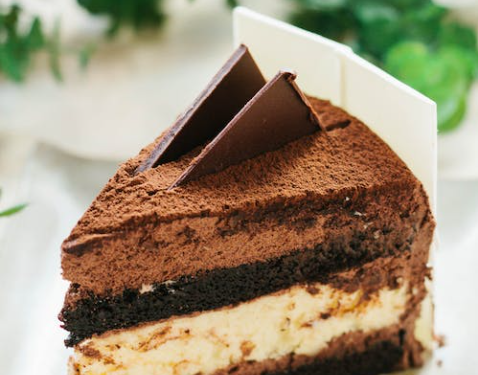Introduction
Batch cooking is a meal preparation strategy that involves cooking large quantities of food at once and portioning it out for future meals. This approach to cooking offers numerous benefits, including saving time, money, and promoting healthier eating habits.
Benefits of Batch Cooking
Batch cooking allows individuals to streamline their meal preparation process, making it easier to maintain a nutritious diet despite busy schedules. By cooking in bulk, you can save time and money by avoiding last-minute takeout or dining out.
Essential Tools and Equipment
To master batch cooking, it’s essential to have the right tools and equipment on hand. Invest in freezer-friendly containers, quality knives, cutting boards, and appliances such as a slow cooker or Instant Pot to simplify the cooking process.
Planning Your Batch Cooking Session
Before diving into batch cooking, take the time to plan your session effectively. Choose recipes that are suitable for batch cooking, create a comprehensive grocery list, and organize your kitchen to maximize efficiency.
Batch Cooking Techniques
Batch cooking involves preparing ingredients in bulk, cooking large batches of meals, and properly storing and labeling them for future use. By mastering these techniques, you can streamline your meal preparation process and ensure that you always have healthy meals on hand.
Meal Prep Ideas for Batch Cooking
There are endless meal prep ideas for batch cooking, including casseroles, soups, stews, stir-fries, and skillet meals. These dishes can be easily portioned out and frozen for convenient meals throughout the week.
Freezing and Thawing Tips
Proper freezing and thawing techniques are essential for preserving the quality and flavor of batch-cooked meals. Follow safe freezing practices, use appropriate containers, and thaw meals safely in the refrigerator or using the defrost setting on your microwave.
Maintaining Variety in Batch Cooking
To prevent flavor fatigue and keep mealtime exciting, it’s important to maintain variety in your batch cooking. Rotate recipes regularly, incorporate seasonal ingredients, and experiment with different cuisines to keep things interesting.
Managing Space in Your Freezer
Maximize freezer space by using stackable containers, freezer bags, and organizing frozen meals for easy access. Label containers with the contents and date of preparation to ensure freshness and prevent food waste.
Batch Cooking for Special Diets
Batch cooking can accommodate various dietary preferences and restrictions, including vegetarian, vegan, gluten-free, and low-carb options. Explore recipes tailored to your dietary needs and adjust ingredients accordingly.
Tips for Success and Troubleshooting
Avoid common pitfalls of batch cooking, such as freezer burn and flavor fatigue, by following best practices and adjusting recipes to suit your taste preferences. Experiment with different cooking techniques and ingredients to keep things exciting.
Batch Cooking for Busy Families
Batch cooking is especially beneficial for busy families, as it allows for quick and convenient meals on hectic weeknights. Get the whole family involved in meal prep and make use of leftovers creatively to minimize food waste.
Health and Safety Considerations
Practice proper food handling and safety protocols when batch cooking to prevent foodborne illness. Ensure that foods are cooked to safe temperatures, label and date frozen meals, and avoid cross-contamination.
Environmental Impact of Batch Cooking
In addition to its convenience and health benefits, batch cooking can also have a positive environmental impact by reducing food waste and minimizing packaging waste associated with single-serving meals.
Conclusion
Mastering batch cooking is a valuable skill that can simplify mealtime, save money, and promote healthier eating habits. By investing in the right tools, planning effectively, and experimenting with different recipes, you can enjoy the convenience of homemade meals without sacrificing flavor or nutrition.

FAQs
- Can I batch cook meals for an entire week? Absolutely! Many batch-cooked meals can be safely stored in the freezer for up to a week or longer, allowing you to prepare meals in advance and enjoy them throughout the week.
- Are there any foods that shouldn’t be batch cooked? While most foods are suitable for batch cooking, some delicate ingredients such as leafy greens and fresh herbs may not freeze well and are best added to dishes just before serving.
- How long can I safely store batch-cooked meals in the freezer? Properly stored batch-cooked meals can be safely kept in the freezer for several months. Be sure to label containers with the date of preparation and consume them within a reasonable timeframe.
- Can I reheat batch-cooked meals in the microwave? Yes, many batch-cooked meals can be reheated in the microwave for quick and convenient meals. Be sure to follow safe reheating guidelines to ensure even heating and avoid hot spots.
- How can I prevent freezer burn on batch-cooked meals? To prevent freezer burn, ensure that meals are properly sealed in airtight containers or freezer bags, remove excess air before sealing, and store them in the coldest part of the freezer.




